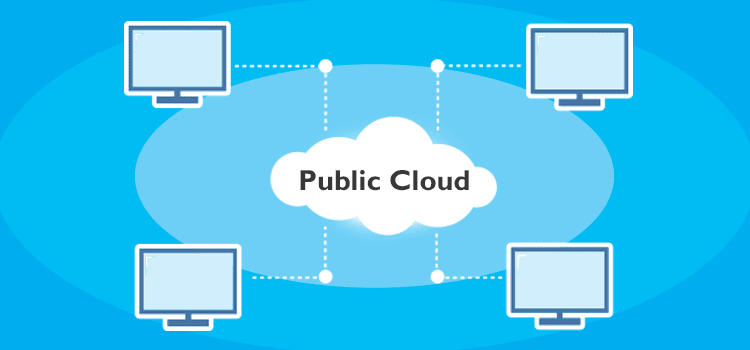If your company is one of the many that uses Big Data, this article will discuss the advantages transferring to the public cloud.

The benefits of moving to the public cloud
Clients profit from public cloud Big Data services, which is one of the key reasons for transferring. On-demand pricing, access to data stored everywhere, more flexibility and agility, rapid provisioning, and improved management are just a few of the benefits.
Furthermore, the public cloud’s unrivalled scalability makes it suitable for managing Big Data applications. Businesses may get all of the storage and computing capabilities they require right now and pay only for what they use. Additionally, the public cloud can give enhanced security, resulting in a more compliant environment.
Public cloud Big Data migration has also become more enticing thanks to software as a service (SaaS). Nearly 80% of businesses have implemented SaaS by the end of 2017, up 17% from 2016, and more than half of these leverage various data sources. Because the majority of their data is housed on the cloud, it makes more sense to analyse it there rather than transferring back to an in-house datacenter.
Another advantage of using the public cloud is the lower cost of data storage. While many businesses may believe that the cost of keeping Big Data for a long length of time is too expensive when compared to in-house storage, technological advancements are already lowering prices and will continue to do so in the future. At the same time, the public cloud’s ability to process data in larger volumes and at quicker rates will vastly improve.
Finally, the cloud allows businesses to take use of cutting-edge technology like machine learning, artificial intelligence, and serverless analytics. Because of the rapid speed of change, firms that are late to adopt Big Data in the public cloud will find themselves at a competitive disadvantage. Their competitors have already eaten into their market by the time they migrate.

